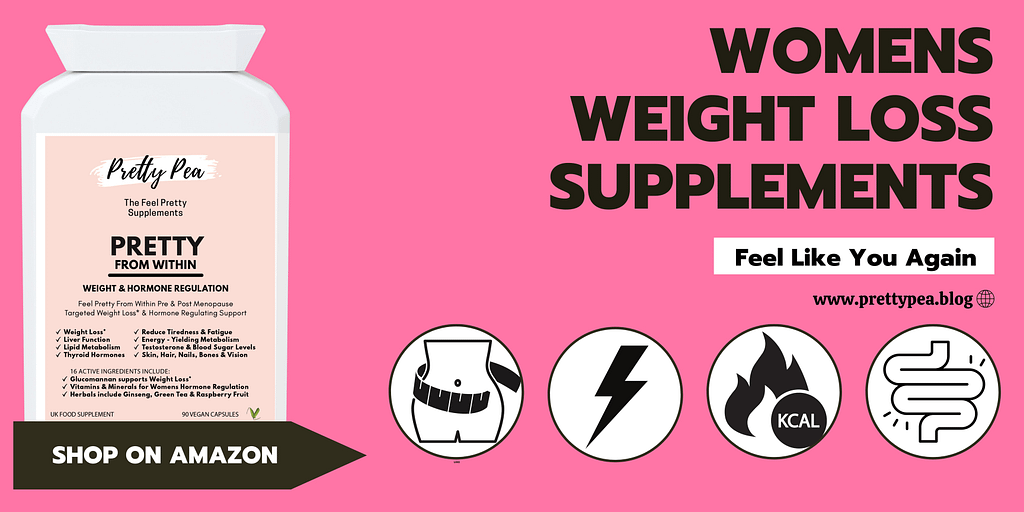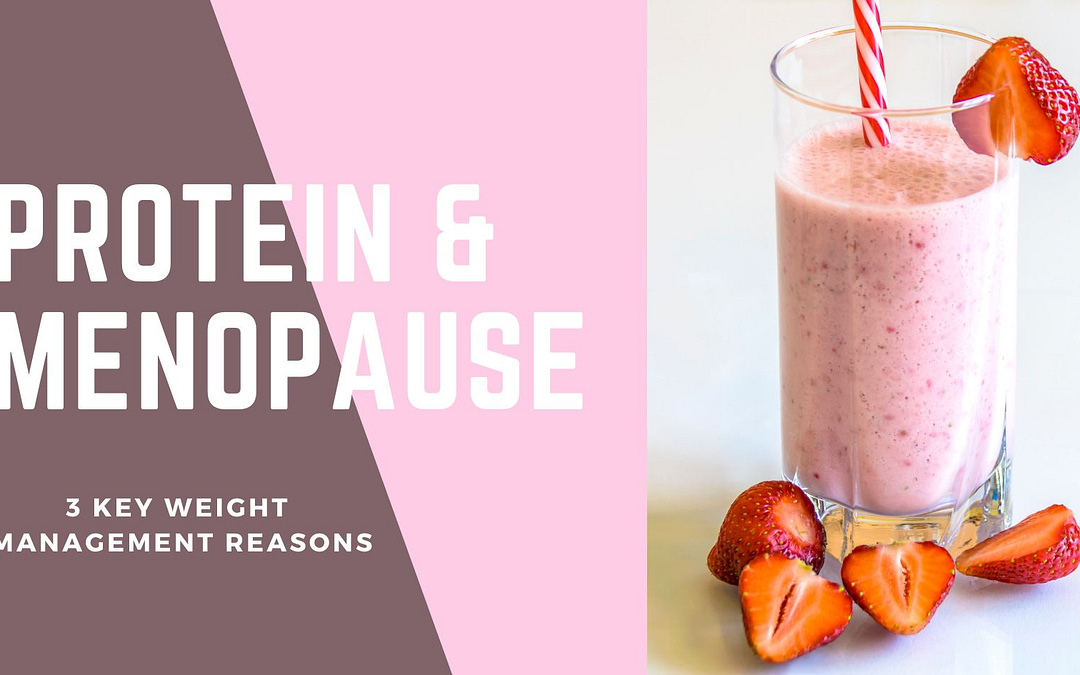Menopause brings about a myriad of changes in a woman’s body, and one factor that significantly influences weight management during this phase is protein intake.
Understanding the role of protein in the context of menopausal changes can shed light on effective strategies for maintaining a healthy weight and overall well-being.

Protein Power: A Metabolic Ally
Protein is a vital macronutrient that plays a crucial role in various physiological processes, including muscle maintenance, repair, and metabolism.
As women undergo menopause, the decline in estrogen levels can contribute to a decrease in muscle mass and an increase in body fat, in particular menopause belly fat.
Protein becomes a powerful ally in countering these changes by supporting muscle preservation and metabolic function.
Muscle Matters: The Weight Management Connection
Maintaining muscle mass is key to preventing weight gain during menopause.
Your muscle mass is key to your metabolism.
Protein-rich foods provide the amino acids necessary for muscle synthesis and repair.
Increased muscle mass equals increased metabolism.
Including an adequate amount of protein in the diet can help offset the natural decline in muscle mass associated with aging and hormonal changes, ultimately supporting weight management efforts.
Satiety Superhero: Protein’s Role in Appetite Control
One challenge many women face during menopause is an increase in appetite and cravings.
Protein-rich foods have been shown to enhance feelings of fullness and satisfaction, which can be particularly beneficial for managing overall calorie intake.
By incorporating protein into meals and snacks, women can potentially reduce the likelihood of overeating and make more mindful food choices.

Metabolism Makeover: Protein and Thermogenesis
The thermic effect of food, or the energy required to digest and process nutrients, is higher for protein compared to fats and carbohydrates.
This means that the body expends more energy and utilises more calories when metabolizing protein.
Leveraging this thermogenic effect can contribute to a more efficient metabolism and, in turn, support weight maintenance or weight loss during menopause.
Strategies for Success: Increasing Protein Intake
To harness the benefits of protein during menopause, it’s essential to prioritize a well-balanced diet.
Incorporating lean protein sources such as poultry, fish, eggs, dairy, legumes, and plant-based proteins can provide the necessary amino acids without excessive saturated fats.
Aim for a minimum of 1g per Kg of bodyweight is a good starting point. For example if you weigh 70Kg aim for 70 grams per day.
Studies have found that increasing this amount, to around 2g per Kg, can further support weight loss.
If you find it hard to consume this amount of protein each day we recommend topping up your requirements with a good quality, low calorie, low sugar, low carbohydrate, protein powder.
Empowering Women for a Healthy Menopause
In conclusion, protein intake emerges as a key player in the intricate dance of hormones and metabolism during menopause.
By making this one simple change of prioritising protein-rich foods into their diets, women can support muscle health, enhance satiety, and boost metabolism, and proactively manage their weight and well-being.



Recent Comments